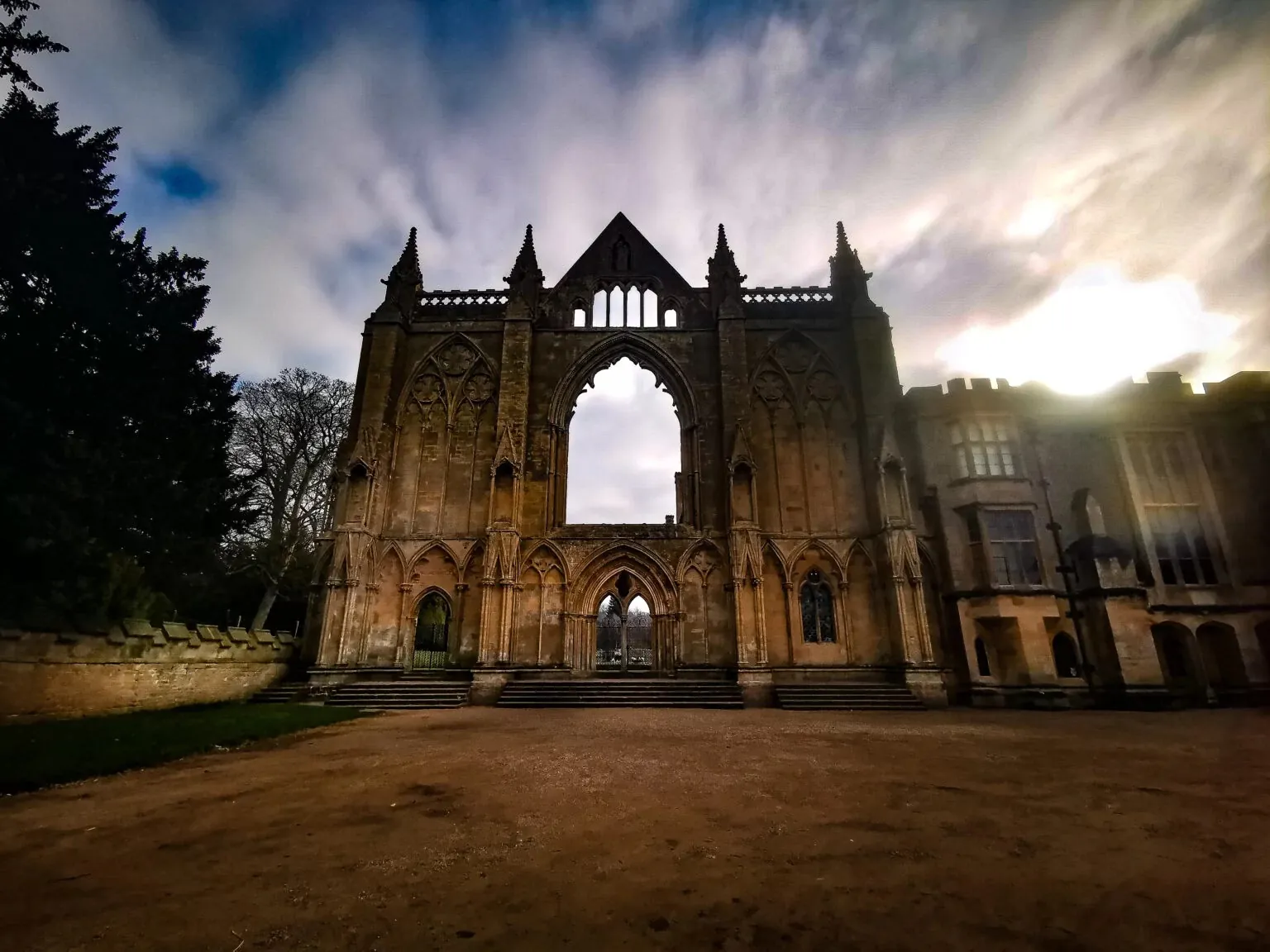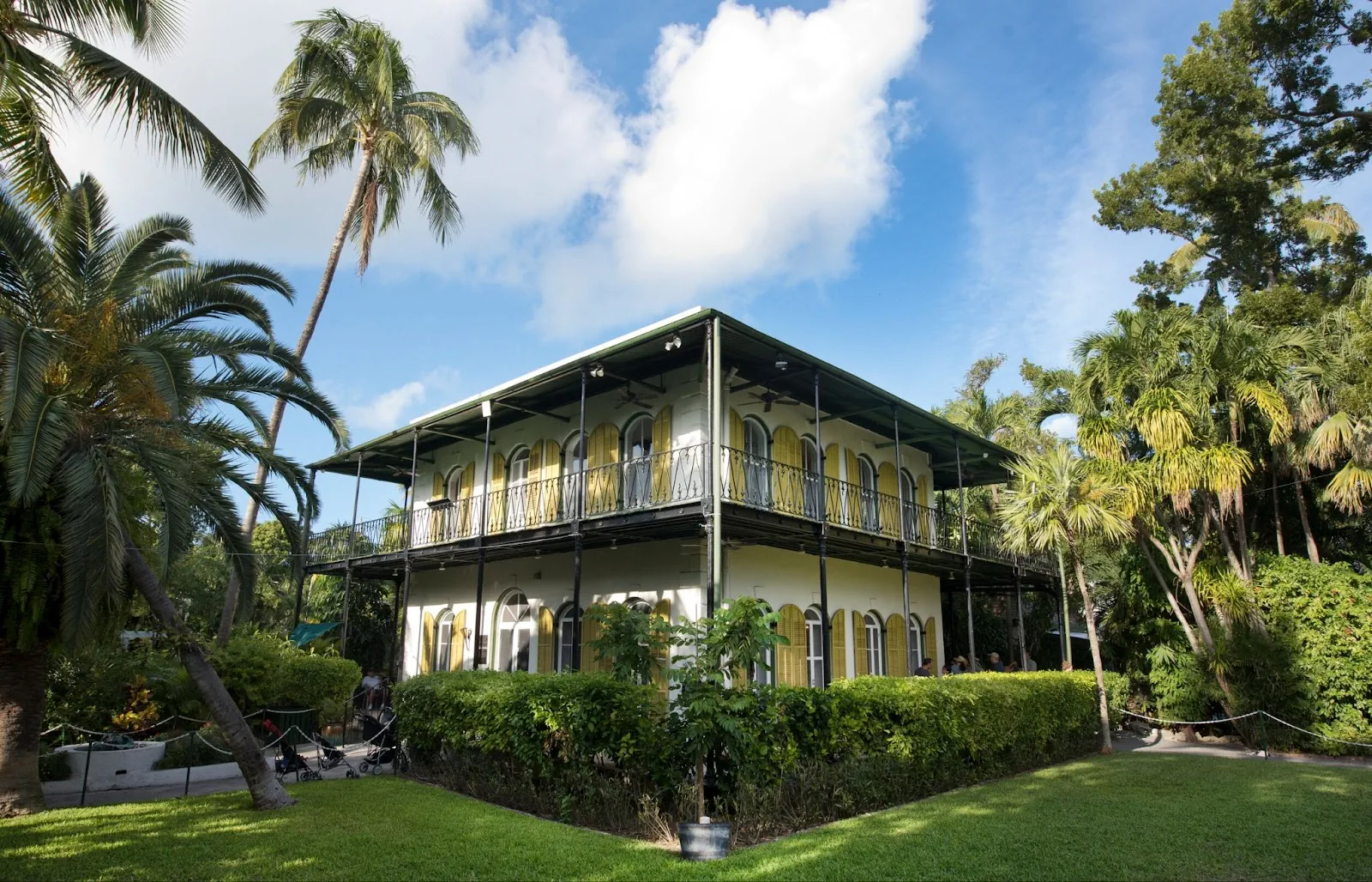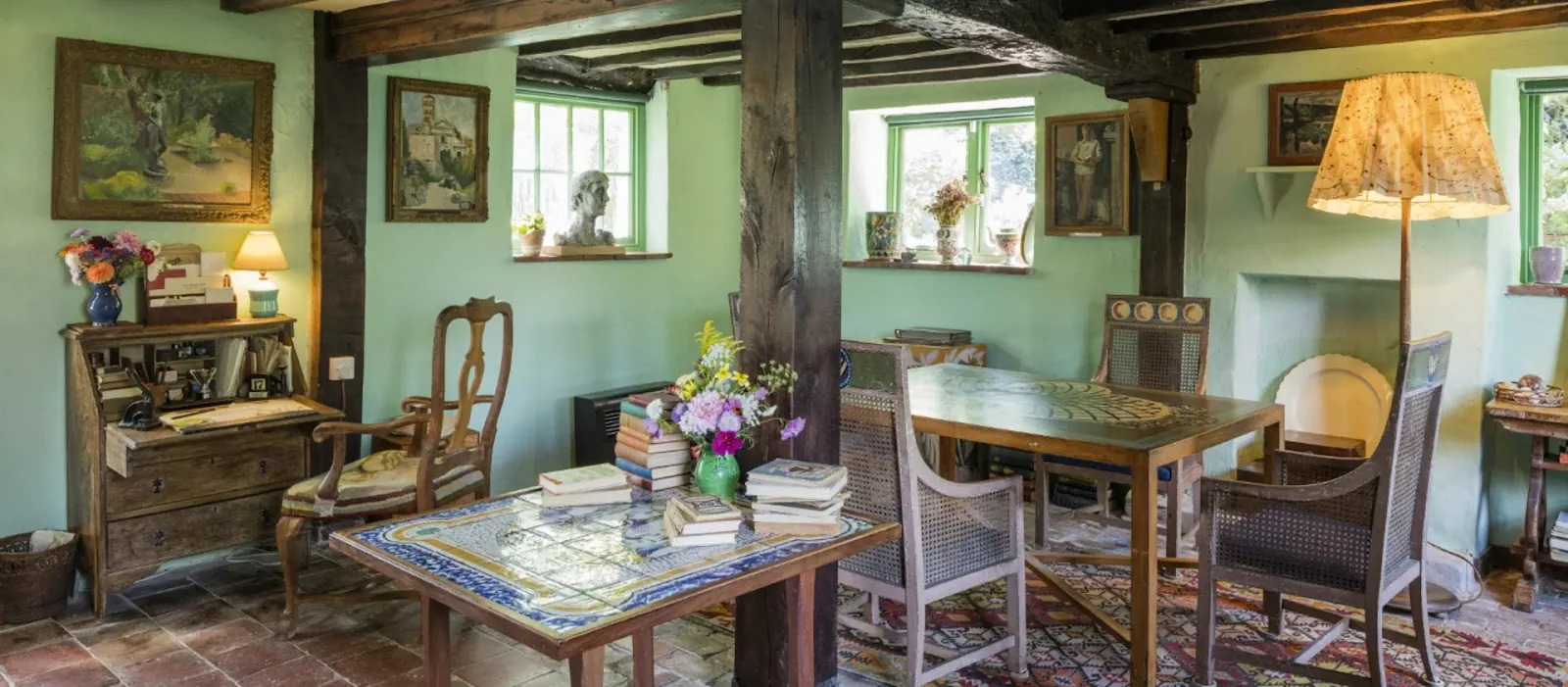Famous Writers' Home Tours

What can you learn about a creative person by visiting their home and workplace?
Looking for ideas for your collection or your next (or first) literary work? Discover your inspiration at the residences of these renowned writers, and you may even pick up some unique home design ideas along the way!
The Mark Twain House & Museum, Hartford, Connecticut, USA

The author's Connecticut home, which has been characterized as "part steamboat, half medieval stronghold, and part cuckoo clock," is a vivid example of Victorian high Gothic architecture. It was built in 1874 to plans by Twain and his wife, and it served as the writer's home for 17 years. Twain wrote some of his most famous books here, including The Adventures of Tom Sawyer, The Prince, and the Pauper, Life on the Mississippi, Huckleberry Finn, A Tramp Abroad, and A Connecticut Yankee in King Arthur's Court.
Maison Jean Cocteau, Milly-la-Foret, France

Jean Cocteau, a poet, artist, and filmmaker, bought a 16th-century mansion in a small town 50 kilometers south of Paris in 1947. He did this after Beauty and the Beast, one of his most famous works, became a big hit. It was to be a safe haven, somewhere he could go first with Jean Marais, then with Edouard Dermit, his companion.
The writer's house has been preserved exactly as Cocteau left it, thanks to the generosity of philanthropist Pierre Bergé. Visitors can explore both Maison Jean Cocteau and the nearby Chapel of Saint-Blaise-des-Simples, the site of his grave, which he decorated himself with a mural inscribed with the line 'I remain with you.' If you're in the South of France, we also propose a visit to Villa Santo Sospir, which is owned by socialite Francine Weisweiller and where Cocteau lived for many years, and where his frescoes are painted on the walls.
Lord Byron’s home, Newstead Abbey, Nottinghamshire, England

Newstead Abbey has a colorful history that rivals that of its most famous inhabitant. Previously an Augustine Priory, it was handed to Sir John Byron of Colwick by Henry VIII during the Reformation in 1540. Throughout the years, it was transformed into a grandiose Gothic stately residence, but its demise began with the fifth Lord Byron, the so-called 'Wicked Lord,' who, enraged by his son's elopement, committed himself to ruination, so the wayward son would inherit nothing but debt. In the end, all his direct heirs died, and his fortune passed to his great-nephew, the future poet, bon-viveur, and Romantic symbol, George Gordon Byron. The poet stayed here on many occasions throughout his brief life, declaring, "Newstead and I stand or fall together," but the financial disaster caused by his uncle made it difficult to maintain, and it was finally sold in 1818.
There's a lot to see within the Abbey, including Lord Byron's private rooms, the Victorian Kitchen and room exhibits, and the monastic cloisters.
The historic façade of the ancient priory—the West Front—and the medieval cloisters have survived earthquakes and a civil war. The West Front of the Priory Church also has a sculpture of the Virgin and Child.
Agatha Christie’s home, Greenway, Devon, England

Agatha Christie, who was born and raised in Torquay, had known Greenway her whole life. She called it "the perfect home, a dream house," describing it as "a white Georgian mansion of around 1780 or 90, with woodlands rolling down to the Dart below, and a lot of magnificent plants and trees." She acquired it in 1938 and used it as a vacation home until her death in 1976, as well as the location for a number of her writings.
Fans of Agatha Christie can also visit the famous Bauhaus-style Isokon Building in London's Hampstead, where the author lived from 1941 to 1947 and socialized with architects, painters, and both German and Soviet spies.
The Ernest Hemingway Home and Museum

Come together, all those who have a passion for felines! The 50 or so six-toed felines that roam Ernest Hemingway's Key West house are said to be descendants of a cat the author got as a gift in the 1930s and are an integral part of the estate's charm. A number of the home's original features, such as the pool and the elegant chandeliers, have been retained, making this Key West limestone mansion a true historical treasure. The library also has Hemingway's original circular writing desk.
Virginia Woolf, Monk’s House, East Sussex, England

The home most commonly identified with the Bloomsbury Group is Vanessa Bell's Charleston in Firle, while Virginia Woolf's rural hideaway, Monk's House, is just three miles off. It is a tiny 17th-century home, so it lacks the grandeur and drama of Charleston, but it has a great deal of allure. Virginia and her husband Leonard purchased it in 1919 after falling in love with its "form, fecundity, and wildness." This garden would become Leonard's obsession and Virginia's way out of despair. Her writing cabin was nestled among the trees, and her daily walk from home to her desk was a source of inspiration and peace.
The Edgar Allan Poe House & Museum

Edgar Allan Poe's house in Baltimore, Maryland, is about as creepy as one would expect. Wide-boarded flooring, plaster walls, and small stairwells are all original, precisely as Poe would have recalled them during the 1830s when he resided in his house from 1833 to 1835 with his aunt, grandmother, and two cousins.
Poe's home is in outstanding condition, retaining most of the exterior and interior original material. While the home is unfurnished, visitors may walk on the same floors, stairs, and among the original plaster walls and woodwork that Edgar experienced when he resided here and established his illustrious career.
Note: The home is within walking distance of Poe's tomb and around three miles from where he died, making it convenient to see on your own in a single day.




